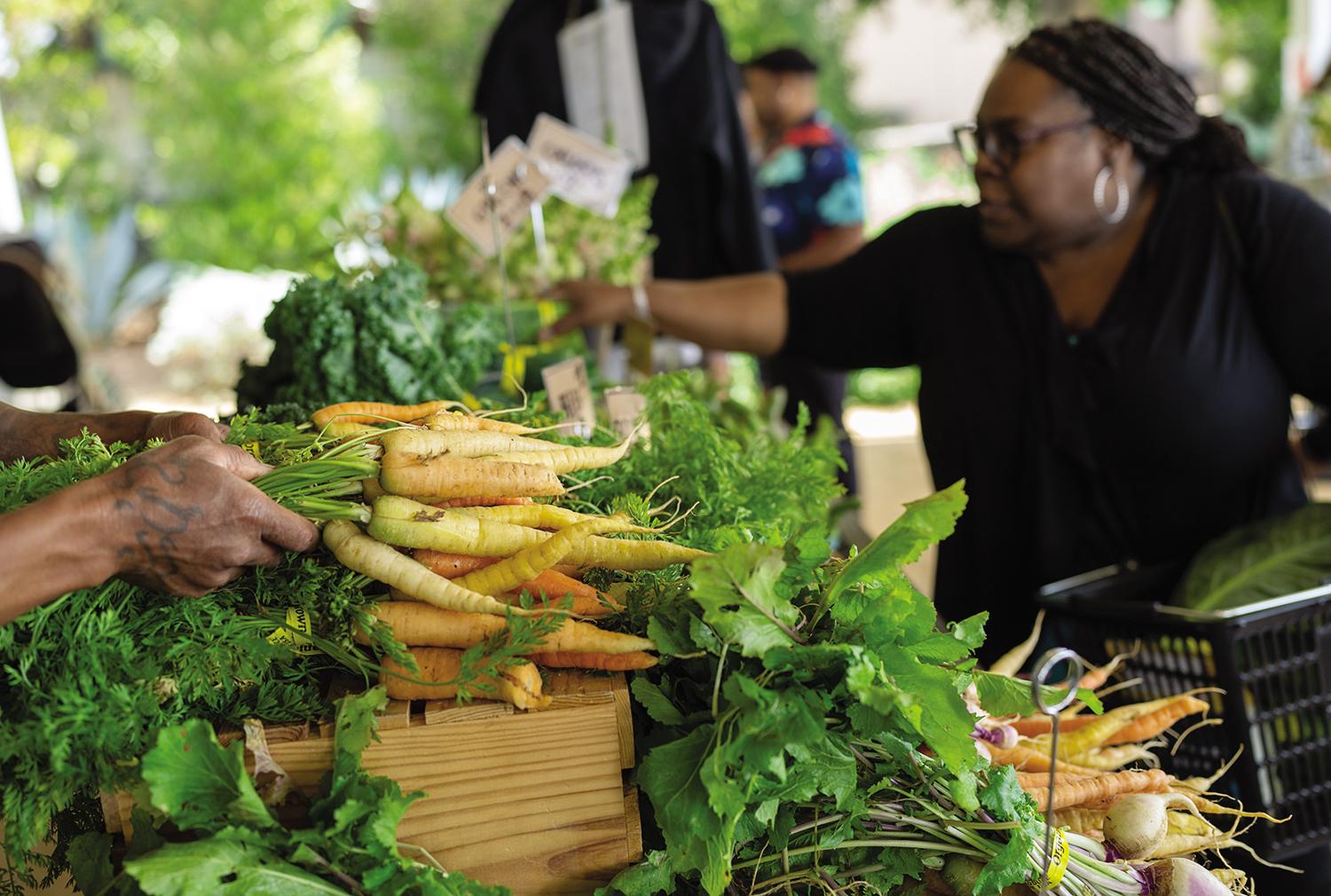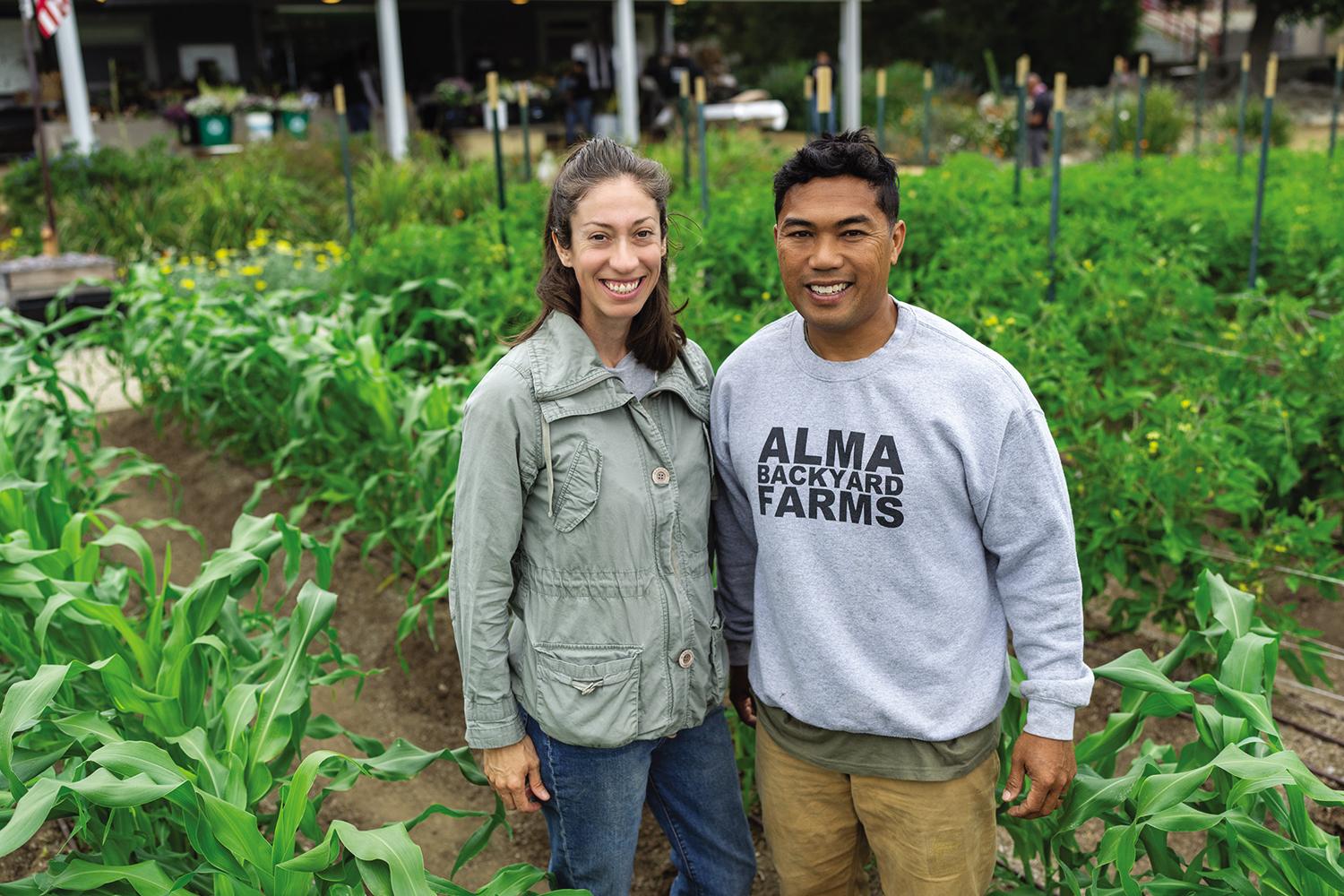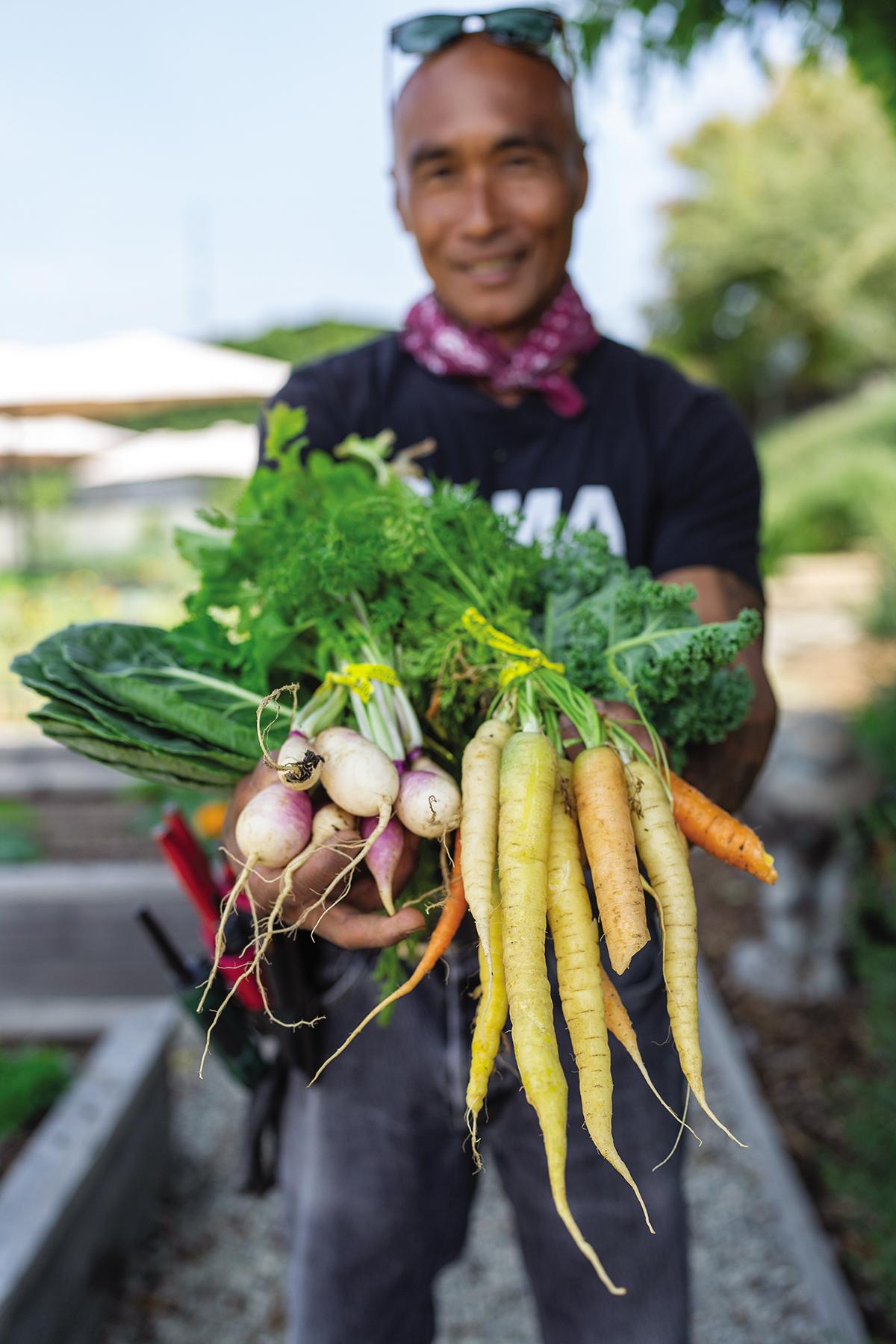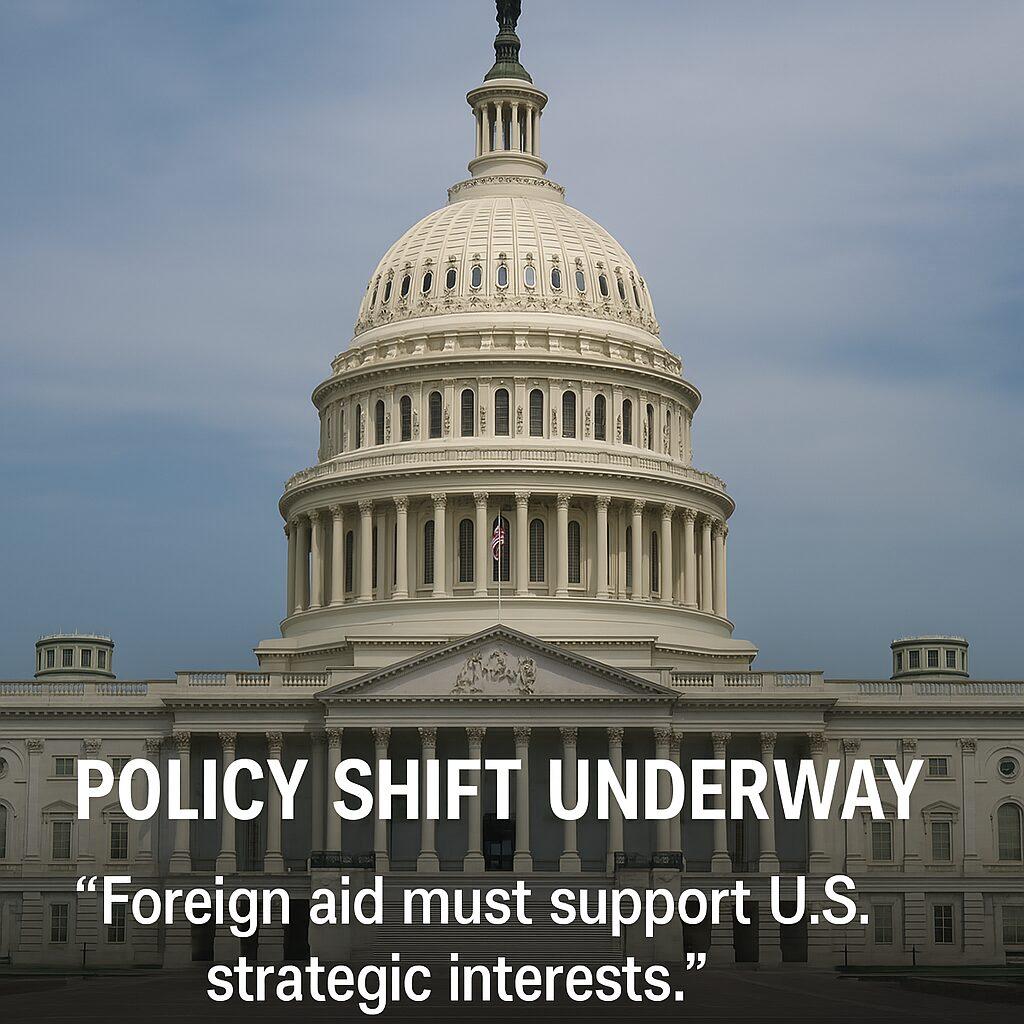
The $10 million grant program will fund 46 local organizations fighting food inequity
COMPTON, Calif. — To tackle the widespread food crisis in the Southland, Los Angeles County has unveiled a new $9.6 million grant program that will help fund food-based community organizations dedicated to providing affordable, healthy food to struggling families.
The program is funded through the federally mandated American Rescue Plan Act, which has allocated nearly $2 billion for post-pandemic economic struggles across the county.

At a press conference held by the county on Thursday, May 30, dozens of organizations across LA County came together at Alma Backyard Farms in Compton to celebrate the launch of the program.
“There are many inequities across the food system,” said Ali Frazzini of the LA County Sustainability Office. “Neighborhoods—where even if you have money to get food—may not have a grocery store or a farmers market nearby where you can access fresh, healthy food.”
Frazzini also mentioned that the county is preparing to establish an office dedicated to food equity to create a stronger food accessibility system.
The soon-to-be-launched Roundtable promises a broad range of solutions including supporting urban agriculture, expanding food access groups, nutrition education programs (like in-home wellness programs designed to help families practice nutritional habits), and increasing enrollment to benefits programs like CalFresh.
According to the county, nearly 400,000 residents are currently eligible to receive CalFresh benefits, but have not enrolled.
“The county has a responsibility to act as a safety net for our most vulnerable communities, who disproportionately suffer from food insecurity. This new round of funding marks and important first step in bringing the Roundtable’s action plan to life and helping those most in need,” said LA County Supervisor Janice Hahn.

Photos courtesy of Mayra Vasquez, LA County
The county said that the $9.6 million will be allocated to 46 non-profit organizations that provide affordable food to LA’s most vulnerable communities, most of which are predominantly communities of color and immigrants.
The grant program comes at a time when LA County is seeing widespread food insecurity. A study from USC Dornsife Public Exchange found that more than one million households across the county are experiencing food scarcity, which is equal to about 1 in 3 residents.
Food insecurity can drastically affect overall healthcare among communities that disproportionately affect communities of color, like diabetes, obesity, and high blood pressure. The USC study also linked food insecurity to a host of other social issues such as job security, academic performance, and crime.
According to Kayla de la Haye, scientist and director at USC’s Institute for Food System Equity, food insecurity in LA County rose significantly in 2022, when social welfare benefits dropped as the Covid-19 pandemic was waning across the country.
Pandemic-era social programs helped struggling families with healthcare and food necessities, but the increased allotments to benefits—such as the Supplemental Nutrition Assistance Program (SNAP)— expired in March 2023. Consequently, on average, household benefits dropped from $470 a month in Dec. 2022 to $299 in July 2023.
“So folks are getting less money for food stamps than they did before. That’s happening at the same time when food prices are really high and cost of living is really high, and people just aren’t able to make their budget stretch to get the food that they need,” de la Haye told LAist 89.3 in late 2023, when the USC study was released. (Klarize Medenilla/AJPress)





